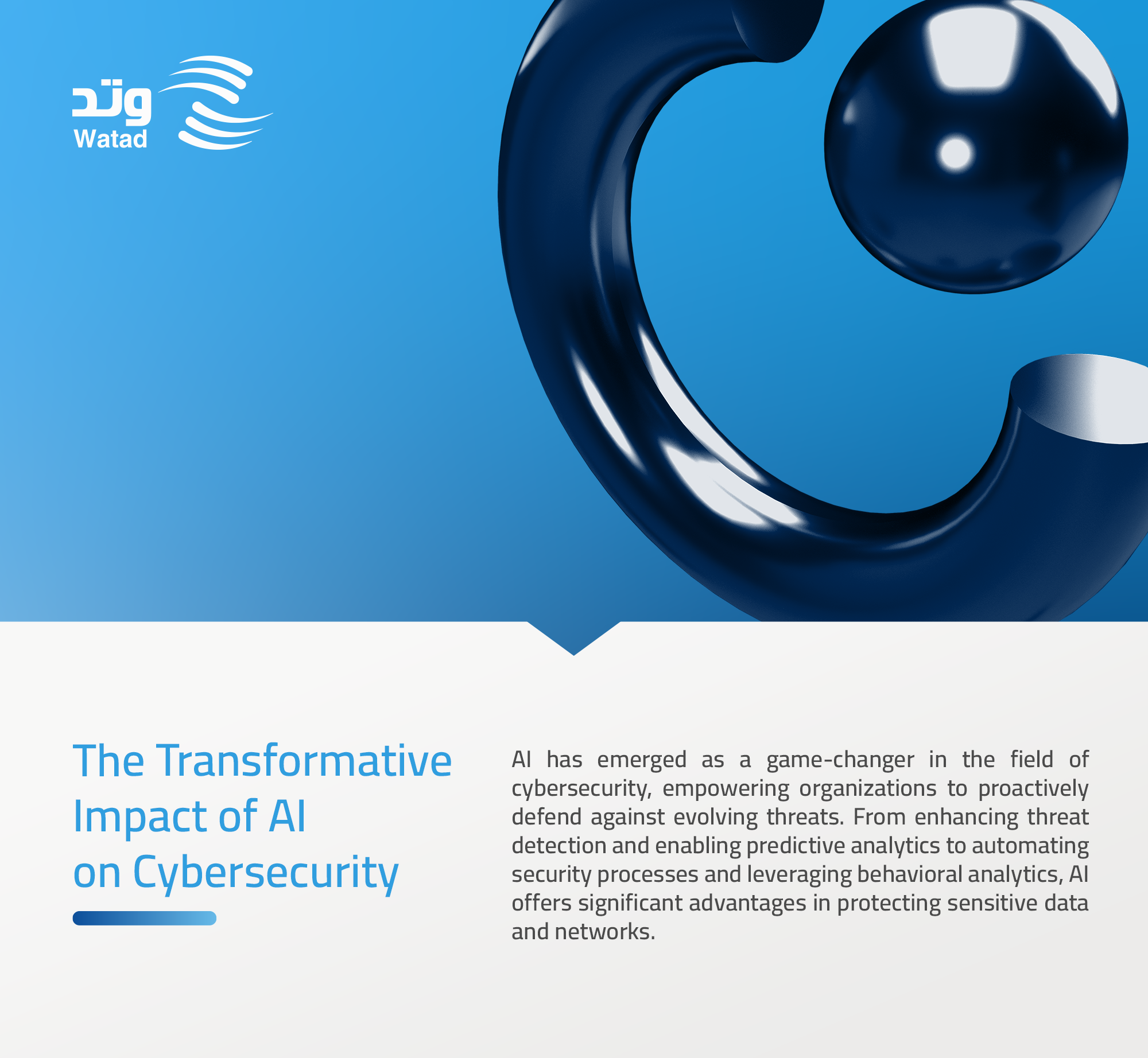
The rise of cyber threats has become a significant concern for individuals, organizations, and governments. In today's interconnected and digitized world, it is more important than ever to have robust cybersecurity measures in place.
Artificial intelligence (AI) is rapidly transforming the cybersecurity landscape. AI-powered solutions are being used to enhance threat detection, enable predictive analytics, automate security processes, and leverage behavioral analytics. These solutions are providing organizations with a significant advantage in the fight against cybercrime.
Enhancing Threat Detection
Traditional approaches to threat detection often rely on predefined rules or signatures. This can be effective for known threats, but it is not enough to protect against new and evolving attack vectors. AI-based systems employ advanced algorithms that leverage machine learning and deep learning techniques to analyze vast amounts of data. By identifying patterns and anomalies, these solutions can detect potential threats in real-time, enabling proactive risk management and faster response times.
Predictive Analytics and Risk Assessment
AI's ability to process large datasets and identify hidden patterns is invaluable in predictive analytics for cybersecurity. By analyzing historical data, AI algorithms can identify trends, anticipate potential vulnerabilities, and predict future attacks. This allows organizations to prioritize their security efforts, allocate resources effectively, and proactively address emerging threats. AI-driven risk assessment models provide valuable insights into potential weaknesses, helping companies fortify their defenses and stay ahead of cybercriminals.
Intelligent Automation and Response
Manual analysis and response to cyber incidents are time-consuming and prone to human error. AI-powered automation streamlines these processes, enabling faster response times and reducing the impact of attacks. Intelligent automation tools can autonomously detect, investigate, and respond to threats, freeing up cybersecurity professionals to focus on more complex tasks. Additionally, AI-enabled incident response systems can learn from past experiences, continuously improving their capabilities and adapting to new threats.
Behavioral Analytics
AI has revolutionized the field of behavioral analytics, which focuses on understanding and detecting anomalies in user behavior. By leveraging AI algorithms, organizations can establish baselines of normal behavior for individuals or systems. Any deviations from these baselines can be flagged as potentially suspicious activities, indicating a possible breach or unauthorized access. Behavioral analytics powered by AI provides an additional layer of defense against insider threats and sophisticated attacks that traditional security measures may miss.
In addition, AI is being used to develop more secure software, to improve the security of cloud computing environments, and to train cybersecurity professionals. As AI technology continues to mature, we can expect to see even more innovative and effective uses of AI in cybersecurity.
AI has emerged as a game-changer in the field of cybersecurity, empowering organizations to proactively defend against evolving threats. From enhancing threat detection and enabling predictive analytics to automating security processes and leveraging behavioral analytics, AI offers significant advantages in protecting sensitive data and networks. As technology continues to advance, AI will play an increasingly critical role in strengthening our digital defenses and ensuring a safer online environment for all.
If you are concerned about the security of your organization's data, you should consider implementing AI-powered cybersecurity solutions. These solutions can help you to detect and respond to threats more effectively, and they can help you to reduce the risk of a data breach.